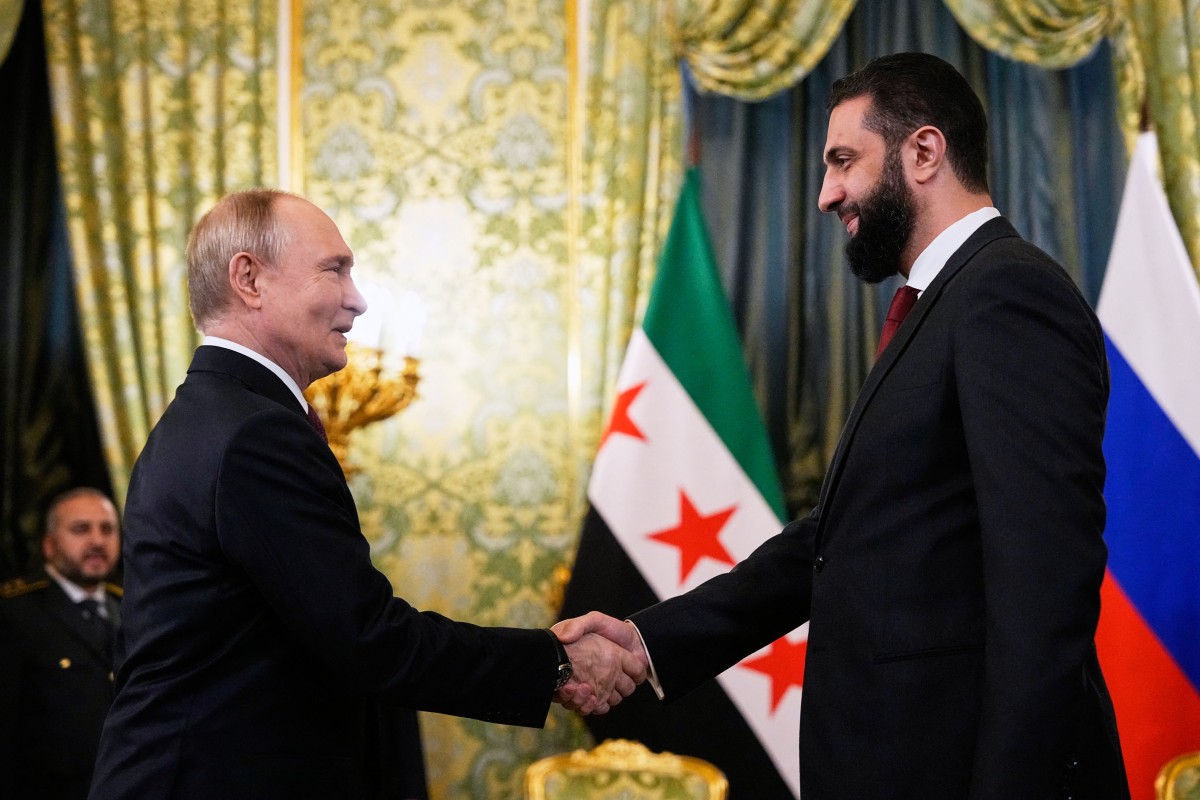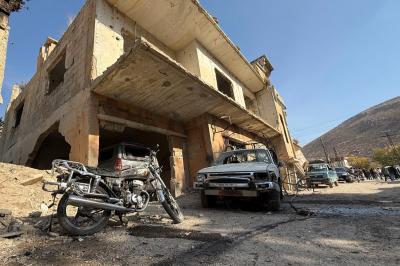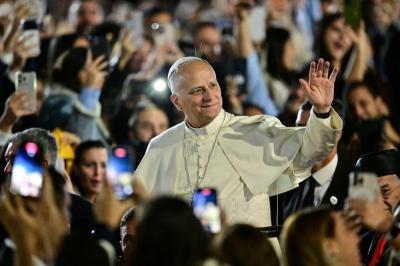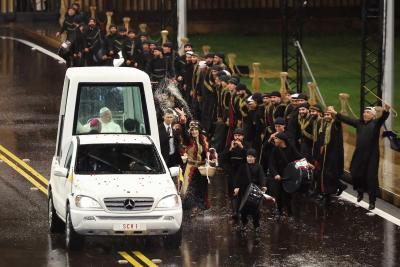On a gray morning along the banks of the Moskva River, Russian President Vladimir Putin met with Syrian President Ahmad al-Sharaa in a meeting charged with political and strategic implications. The scene was not a simple ceremonial event but a pivotal moment that seemed to redraw the region’s contours—casting its shadow over Beirut as much as over Damascus, Tel Aviv, and other Middle Eastern capitals. Taking place after the postponement of the Arab summit in Moscow, the meeting appeared to be a Russian attempt to contain the region’s rapid transformations, especially in the “post-Gaza” era, where lines of fire now cross with lines of settlement. Putin seeks to consolidate Russia’s role as guarantor of regional stability, while Sharaa aims to secure explicit support for his political legitimacy and strengthen Syrian sovereignty against both Iranian influence and Israeli threats.
Beirut: Legacy of the Past, Challenges of the Present
In parallel, statements by Lebanese President Joseph Aoun added another thread to the fabric of upcoming compromises. By declaring that “negotiations with Israel are necessary to resolve outstanding issues,” Aoun seemed to announce the dawn of a new era in Lebanon’s official discourse, one founded on political realism rather than slogans pinned to the walls of history. Beirut, which for decades lived under the shadow of the forbidden word—negotiation—now faces an unavoidable test, as maps of alliances and balances of power have shifted.
The Wisdom of Bkerké
In this context, Maronite Patriarch Cardinal Bechara Boutros al-Rahi emphasized that Pope Leo XIV’s visit to Lebanon, scheduled for the end of next month, would come in a “time of peace” and carry a message of “hope” for the Lebanese. In an interview with AFP, he explained that the Pope “will bring peace and hope in his visit to Lebanon” and that divine providence had paved the way “for him to arrive at the best and most beautiful time.” This visit serves as a reminder to the Lebanese that the pursuit of calm and consensus—even in the harshest circumstances—remains an essential part of the country’s cultural and spiritual identity, giving Lebanon’s official stance an additional human dimension amid complex political challenges.
A New Damascus and the Lebanese Memory
Just a day earlier, Syrian Justice Minister Mazhar al-Wais asked Beirut to hand over former regime officials, affirming that “Syrian justice now proceeds from new constitutional principles”—a sign that Sharaa seeks to turn the page on the past through legal and political reconciliation with Lebanon. Yet Lebanon’s long experience with “Syrian tutelage” renders this path fraught with caution, if not outright suspicion. The “new Damascus” may wish to reopen its doors to Beirut not as a guardian, but as an equal partner. However, Lebanese memory, weighed down by decades of bloodshed, assassinations, and oversight, will not easily allow trust to be reborn without the test of time.
The Symbolism of Moscow
From this perspective, Sharaa’s visit to Moscow carried greater weight. During their handshake, he even joked with Putin: “The staircase in the Kremlin is very long—thank God I exercise so I don’t get tired.” But he did not hesitate to officially request that Russia hand over Bashar al-Assad for trial in Syria—a scenario that would have been considered pure fantasy only a few years ago. Although Moscow’s response remains uncertain, the talks confirmed both sides’ determination to secure the Hmeimim and Tartus bases under new agreements, outlining a redefinition of Syrian sovereignty—balancing Russian interests with new domestic legitimacy, and above all, rearming the new Syrian army.
Israel: From Security to Geopolitics
Israel, closely monitoring developments near its northern border, interprets Aoun’s statements and Sharaa’s demands as a rare opportunity to expand “security normalization” into political settlements that reset borders and reduce the risk of escalation. Its current strategy rests on “containing the threat” or “eliminating it”—establishing new rules of engagement to safeguard its security while keeping the door open for a comprehensive settlement that could end the state of no-war, no-peace.
Toward a Pragmatic Middle East
The simultaneous developments in Moscow, Damascus, and Beirut suggest the emergence of a pragmatic Middle East, cautiously moving toward gradual settlements—accommodating the interests of great powers while responding to local exhaustion from wars. Yet the key question remains: can such pragmatism yield genuine peace, or will it merely freeze conflicts until the next wave of upheavals?
When Geography Speaks the Language of Poetry and Politics
Ultimately, Beirut today resembles an old poem searching to regain its rhythm in an anthology whose rhymes keep changing. It is a city that always stands at a threshold: the threshold of history, of ruin, and of hope. And whenever faces change in Damascus or balances shift in Tel Aviv, Beirut—despite its wounds—remains the fragile point of balance in the Middle East, the heart that continues to beat against all odds. Could the Putin–Sharaa handshake mark the beginning of a new chapter in which Beirut is written as a partner and not as an appendage—as a voice, not an echo?
Please post your comments on:
[email protected]
 Politics
Politics













